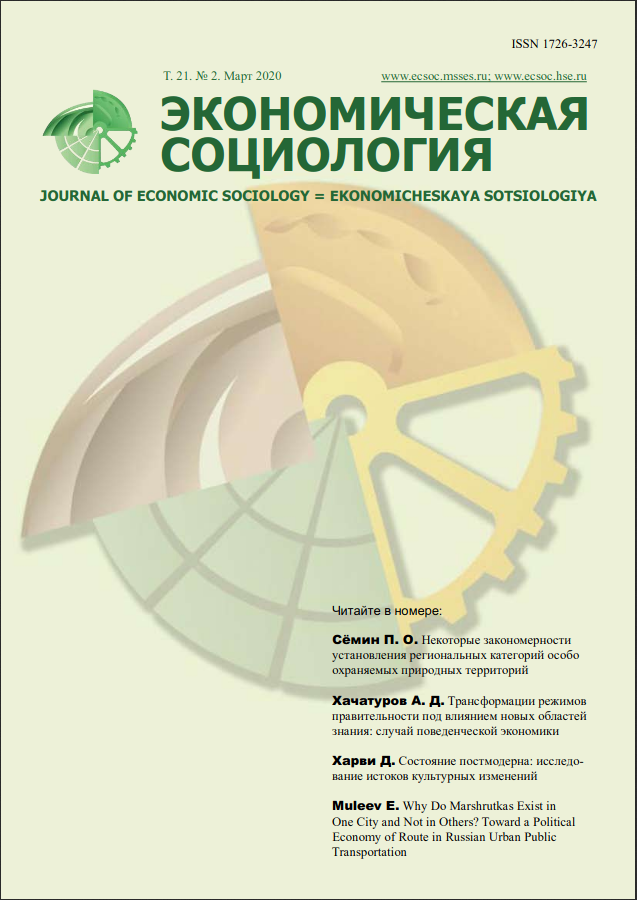The Philosophy of Early Christianity and the Challenges of Digitalization.
International Conference “Philosophy of Early Christianity in the Era of Digitalization,” Fu Jen Catholic University, Taiwan, December 6–7, 2019
Abstract
From December 6 to 7, 2019, the international conference, “Philosophy of Early Christianity in the Era of Digitalization,” was held at Fu Jen Catholic University in the capital of Taiwan, Taipei, with the participation of sociologists from the Saint Tikhon Orthodox Humanitarian University. Currently, all developed countries are evolving the digitalization process. It goes without saying that this is reflected in the economy. Today, even traditionally offline sectors of the national economy are increasingly using cloud computing, big data, and the Internet of things. At the same time, the process of digitalization cannot be reduced solely to the development of the digital economy, since it affects all significant areas of society’s life—social, political, and cultural.
Some researchers believe that the digitalization process affects not only the social but also the personal sphere of the individual and brings about a changein needs, whereby the need for information exchange becomes basic. In this regard, the risks of the digitalization process should be noted: technological (artificial intelligence can get out of control); economic (the risk of unemployment due to automation and the substitution of artificial intelligence for a number of professions, on the one hand, and the risk of a shortage of qualified personnel necessary for the development of the digital economy on the other); socio-political (including the risk of escalation of cyber wars between countries); and finally the moral risk, which is the dehumanization of consciousness. The speakers at the conference, representatives of both European and Asian universities, endeavored to understand the trends in the development of the social process of digitalization from the positions of early Christian thinkers.
The conference showed the need to study the social process of digitalization in the framework of an interdisciplinary approach at the international level.













